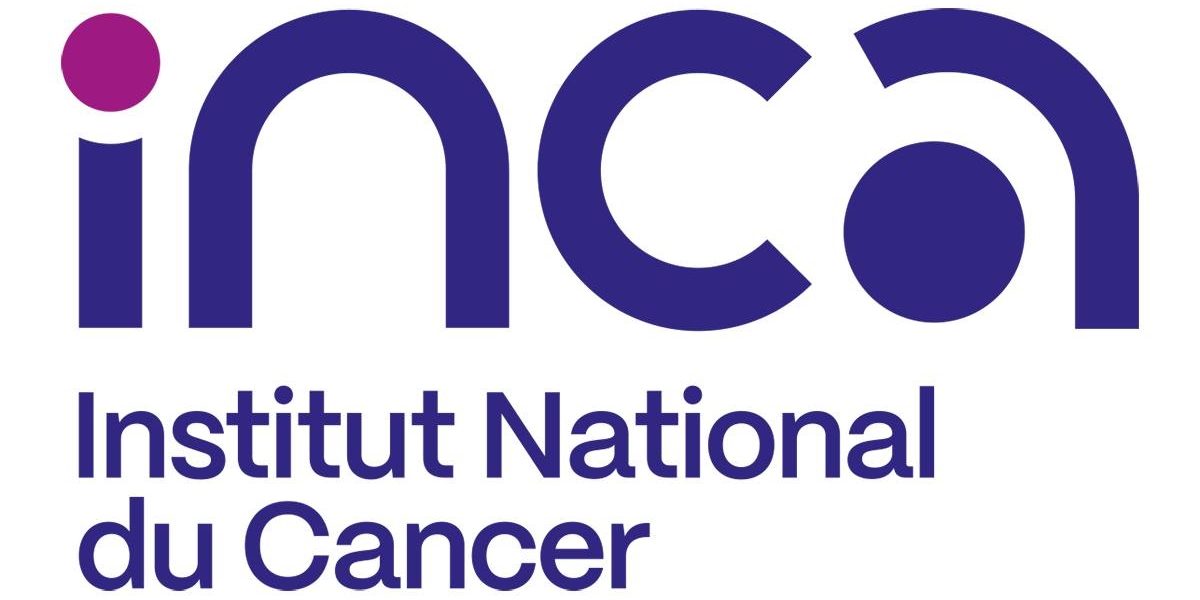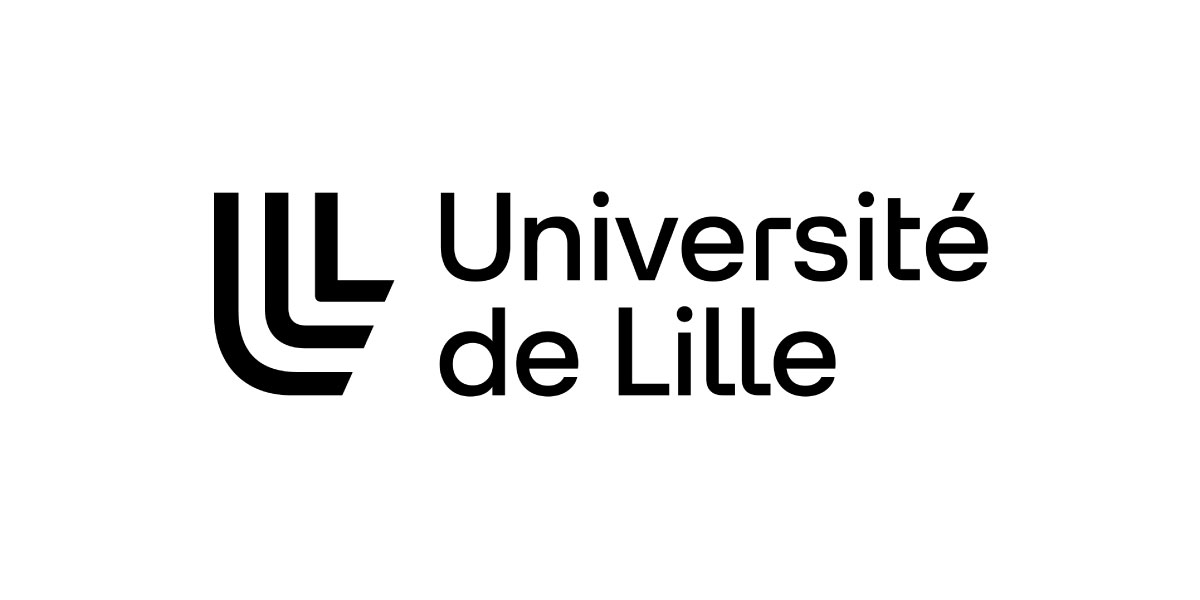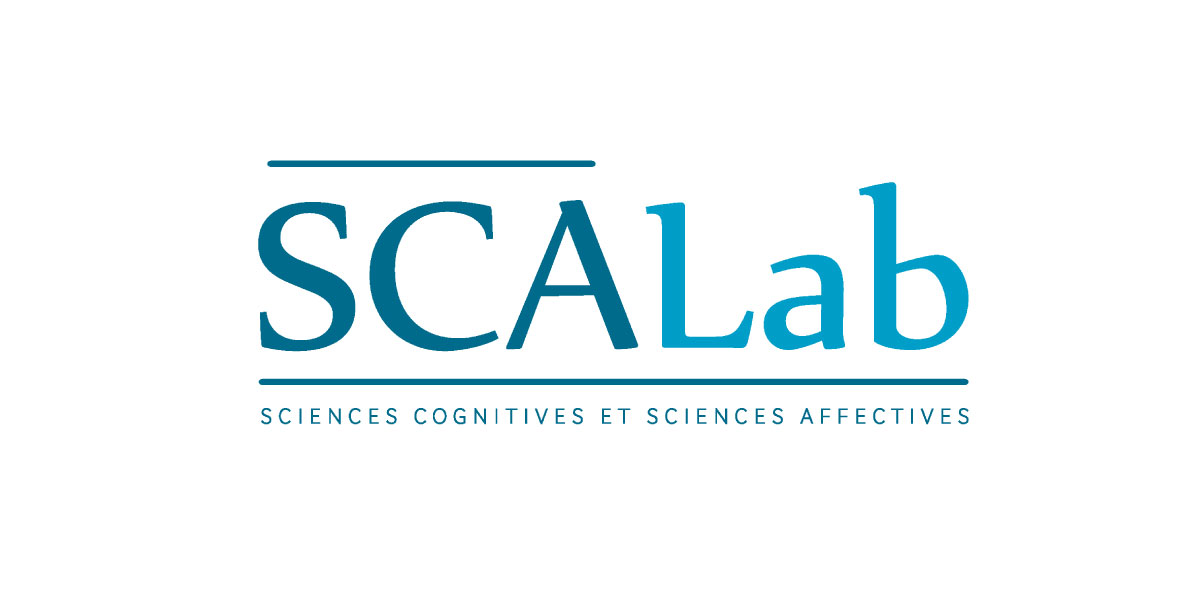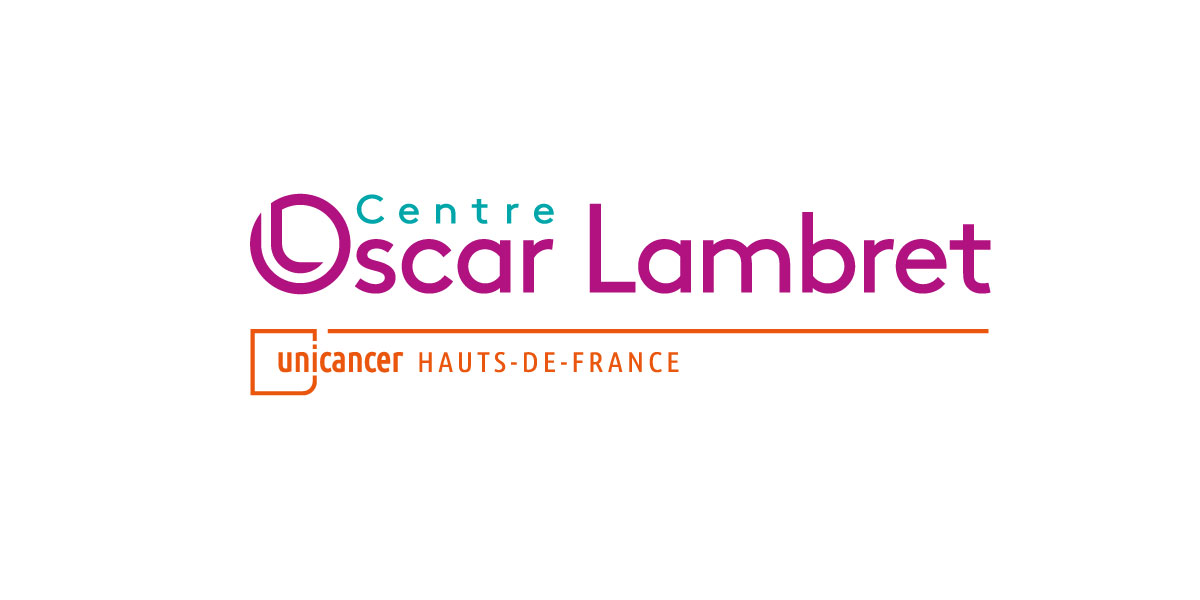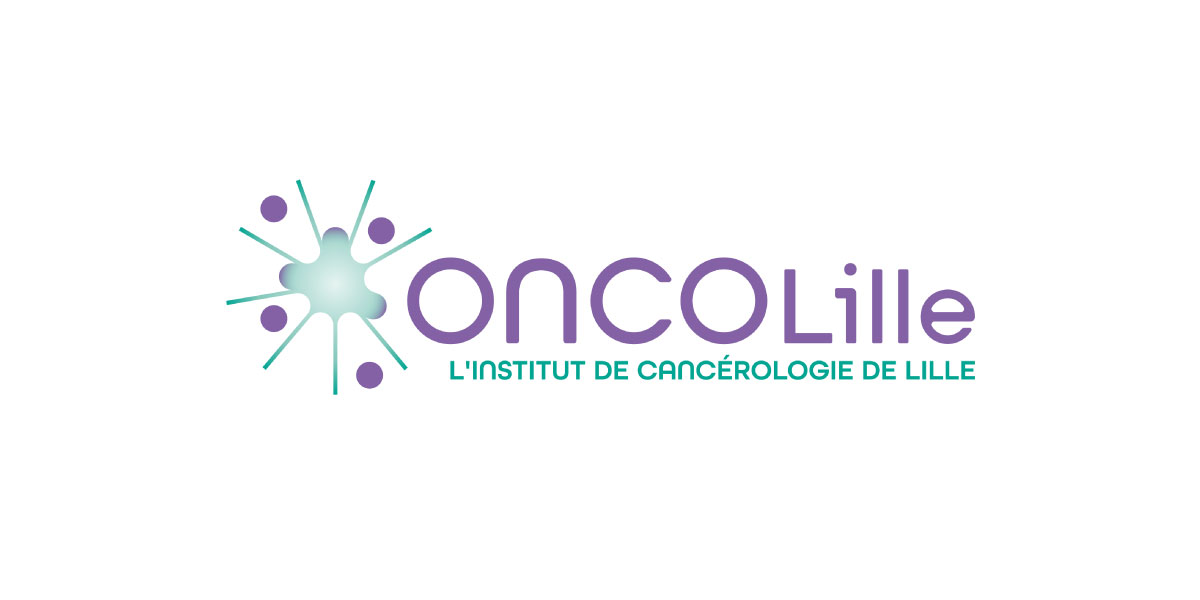RESIST.
Announcing the progression of a disease in oncology: Challenges with communication between healthcare professionals and the patient–family dyad
Our improved understanding of cancer and the development of new treatments have made it possible to extend the life expectancy of cancer sufferers. This is associated with more complex care pathways punctuated by phases of resistance to treatment. Consultations in which the progression of the disease is announced have received little attention in research. However, this news causes significant psychosocial distress, not only for patients and their families but also for the healthcare professionals conducting the consultation.
When bad news is being delivered, medical empathy is an essential communication component. Scientific literature has reported various benefits of empathic communication, including a reduction in severe post-operative complications. However, the few studies that have been conducted on delivering bad news have focused on oncologists and have not considered the perceptions of family and friends alongside those of patients.
communication
communication
communication
communication
communication
OBJECTIVES
The objectives of the RESIST project.
This project has three objectives:
- To explore the experiences of healthcare professionals with communicating the progres-sion of a disease
- To investigate the experiences of the patient–family dyad during consultations in which the progression of a disease is announced
- To test whether, and which dimension(s) of, perceived clinical empathy impacts patient outcomes in patients with advanced cancer and poor prognoses
Two qualitative studies and one quantitative study will be conducted to meet these objectives.
FACTORS OF SUCCESS
The goal of a European project.
This project will be conducted in France and Switzerland by Prof. Sophie Lelorain (University of Lausanne) and Dr Kristopher Lamore (University of Lille), and its results will improve our understanding of the communication between healthcare professionals and the patient–family dyad during oncology consultations in which the progression of a disease is announced, in addition to discovering the resulting psychological impact. It will thus be possible to identify clinically applicable opportunities for action and to design specific interventions around these announcement times.
Since 2024, Prof. Mathieu Bernard (CHUV, Lausanne) has also joined the team and co-leads the RESIST-EM project, which corresponds to the third study of this initiative.
The project team
This project corresponds with Julia Kolly’s PhD in psychology, which was co-supervised by Prof. Sophie Lelorain (University of Lausanne, Switzerland) and Dr Kristopher Lamore (University of Lille, France).
Prof. Mathieu Bernard (CHUV, Lausanne) is also co-responsible for the third study of this project, along with Prof. Sophie Lelorain and Dr. Kristopher Lamore.
To accomplish this project, we established a multidisciplinary team comprising clinicians and researchers with expertise in diverse fields, as well as patients and their partners. Our French partner centers are the Oscar Lambret Center and the University Hospital of Lille, while our Swiss partner centers are the CHUV, the University Hospitals of Geneva, the Clinic of Grangettes, the Cantonal Hospital of Fribourg. and the Hospital of Morges.
Financial support
The third study in the RESIST project received external financial support and financial support from the opsyrii chair. This funding will be used for including patients and their family members in the quantitative study.
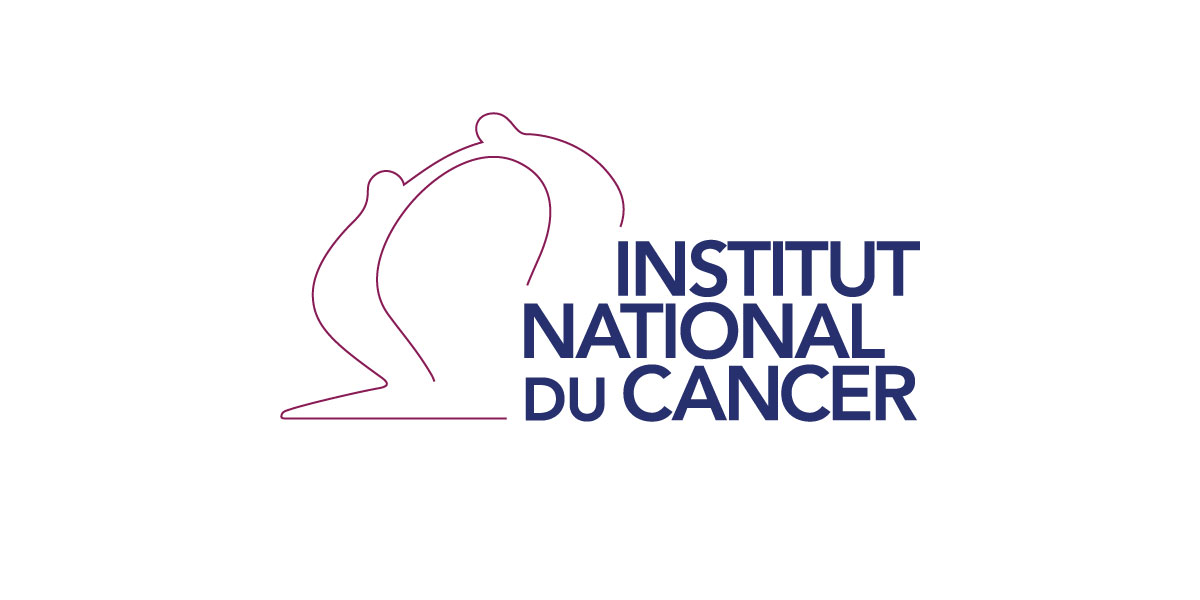
Research projects
Three projects funded by the chair, three areas of innovation.
